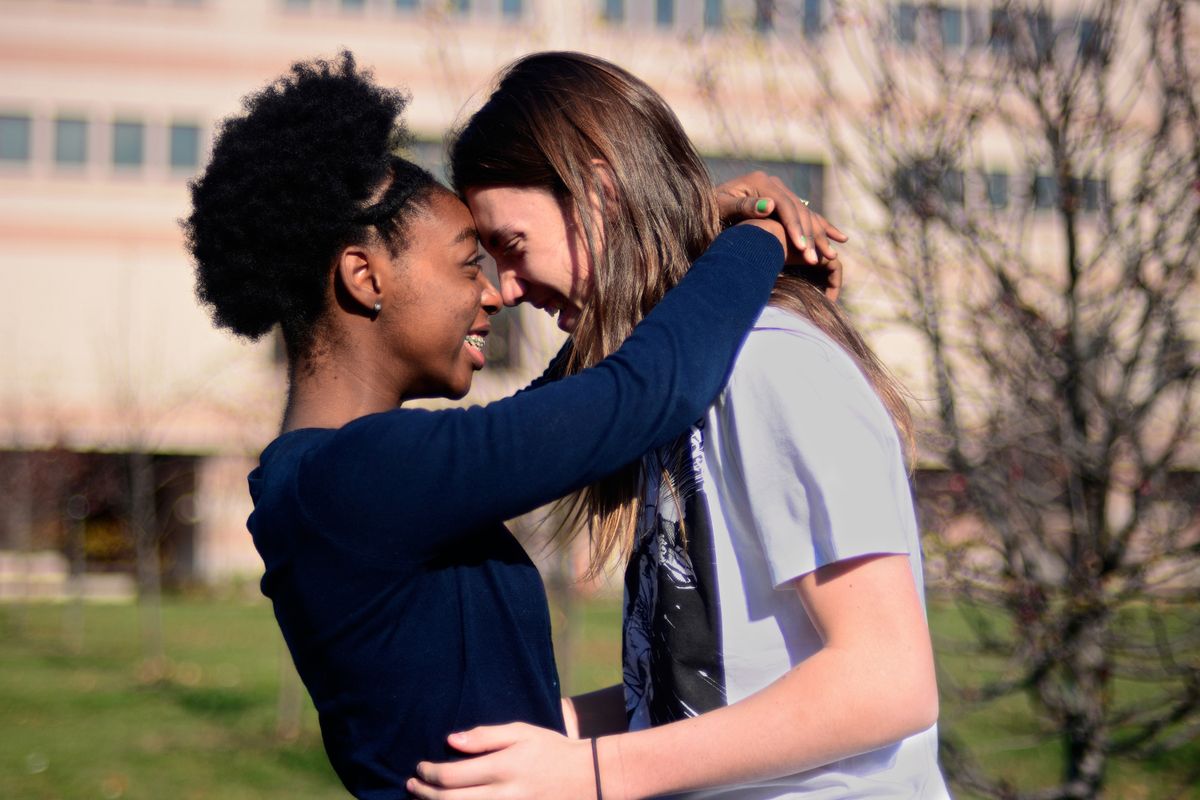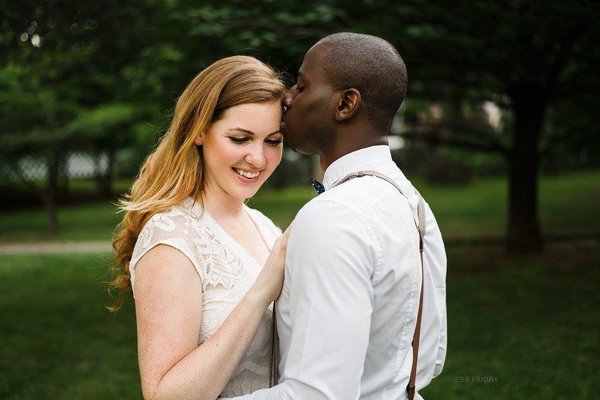According to figures from the most recent US census, more than 15% of all newly-married couples in the country are interracial. Interracial relationships have been increasing steadily since the 1980s, and are finally seeing themselves represented in the media, with more interracial couples in TV and film and an upcoming emoji drop due in the fall.
While this would seem to say that attitudes have come on in leaps and bounds since the repeal of the anti-miscegenation laws in 1967, attitudes towards interracial couples aren’t always as positive as you might think. But then, what does each race think? Also, what do first-generation Americans think?
What the Studies Show
Studies show that US citizens retain both implicit and explicit bias towards people of color or black and white dating. To differentiate between the two – explicit biases are responses people can control, and implicit biases are those that are automatic. Someone who says outright that people of different races shouldn’t be in a relationship is explicitly biased; someone who doesn’t appear to have a problem, but who subconsciously thinks poorly of mixed-race couples, is implicitly biased.
There’s an easy-to-administer and straightforward test that can reveal if someone has an implicit bias. The test asks participants to categorize both same-race and interracial couples using positive words. If it takes longer for someone to think of a positive word when looking at an interracial couple, that would indicate they are implicitly biased against that couple, and more generally, against interracial relationships.
Studies using this test showed that white people showed the heaviest bias, both implicit and explicit, towards interracial couples. Participants who were themselves multiracial were much less likely to exhibit these biases. This makes sense, as multiracial participants who are themselves the product of an interracial relationship wouldn’t generally be biased against the idea of them. Multiracial people are also statistically much more likely to have been in an interracial relationship themselves.
A Positive Attitude

One of the most interesting things that has come out of studies of bias regarding interracial relationships is that many people who had previously been in an interracial relationship were just as likely to hold explicit biases as those who had never been in one before. How do we remove this bias?
One way is evidenced in these bias studies – having an interracial couple in your close group of friends, or knowing an interracial couple socially drastically reduced the racial bias of the group. The more time people spent with the interracial couples in their social circle, the more positive their opinion of interracial relationships and the more reduced their negative bias.
Into the Future

What does all this mean for the future? As it stands, researchers estimate that only a small number of people in the US (less than ten percent) still think of interracial marriage as being an inherently negative thing. However, the percentage of people who harbor silent biases is much higher. This is what we must overcome for us to achieve true equality.